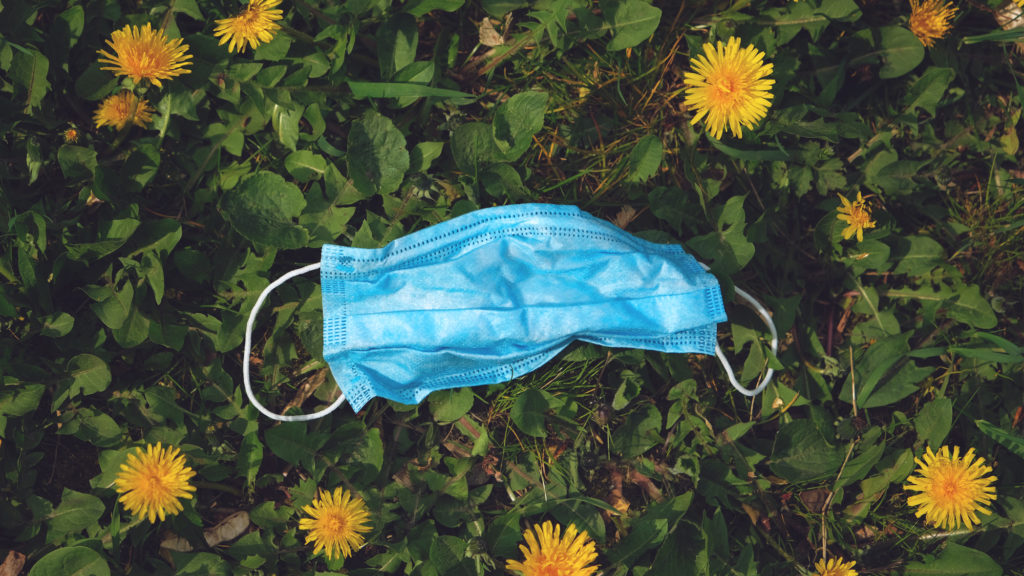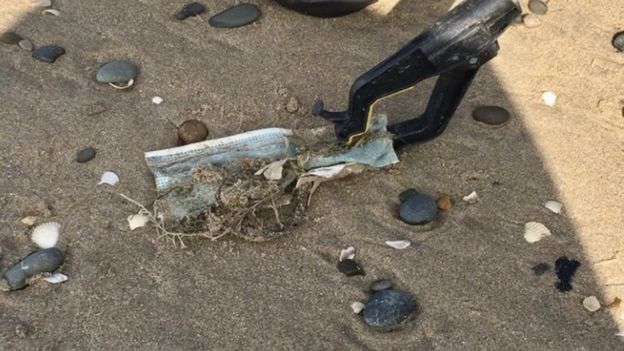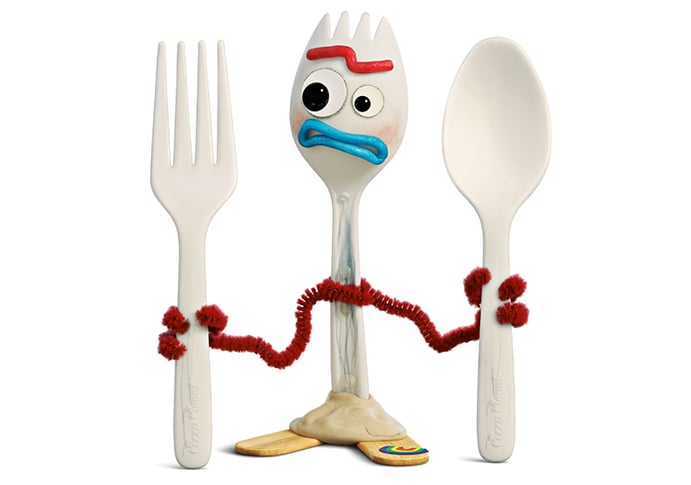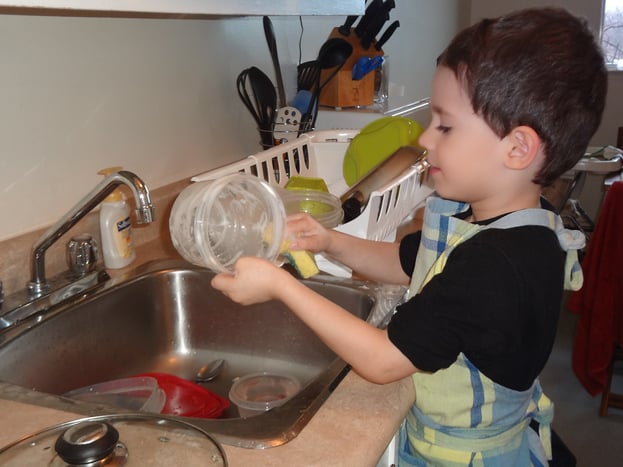Being the environmentally conscious bunch that you are, I'm sure you're wary of amount of waste we're producing in order to adhere to COVID-19 guidelines. While the numbers are disheartening, it's important to understand the negative impact that our use of plastic materials have and our role in minimizing plastic pollution.

Big Green Purse
As you can guess, the biggest player in the rise of plastic waste is personal protective equipment (PPE).
The high demand for PPE which includes single use face masks, gowns, and gloves has lead to an increase of PPE production by 40%, according to the World Health Organization. Face mask production in China alone has increased to 116 million per day. At this rate, we'll be producing 129 billion face masks and 65 billion plastic gloves per month. All of these products will ultimately stay on the Earth for hundreds of years after our one time use. Although face masks aren't recyclable, we can take measures to ensure they are properly disposed.

BBC - Clare Reed
So that we can avoid this from happening!
Yay our favourite restaurant is open again! ....but with plastic.
Before the pandemic, plastic-free policies were growing with bans on Styrofoam, plastic bags and straws, along with fees on additional bottles and cups. However, things have quickly reverted back to plastic to ensure safe practices. The use of plastic has increased with dine-in restaurants offering plastic utensils instead of cutlery. While it may seem like we've taken 10 steps back, we can all take steps forward again by being conscious of the plastic involved with restaurants. The next time we go to support our local Indian restaurant with our favourite curry dish, let's ask for take out to prevent another plastic fork from going into the waste and make use of our trusty metal fork at home.

Disney Toy Story
Even Forky doesn't approve of all the plastic use.
Taking small steps forward.
119 doctors from across the globe signed a statement that addressed the safety concerns regarding reusable systems. The doctors found that reusable containers can be used safely with proper hygiene practices. The virus is only documented to spread through aerosolized droplets and not through direct contact on surfaces. Evidence indicates that it's unlikely for someone to contract the virus through touching their eyes, nose or mouth after touching a contaminated surface. They also found that the virus lasts up to 6 days on plastic but only up to 24 hours on paper and cardboard. Therefore, single-use plastic isn't safer than their compostable counterparts or reusable products that are washed. While this study wouldn't apply to medical face masks that can not be reused, this study could help us discover ways to be safe and sustainable when it comes to other disposable plastics.

Flickr - Sebastian Aubert
Basic soap and water is the way to go!

.png?width=371&height=500&name=Untitled%20design%20(12).png)
